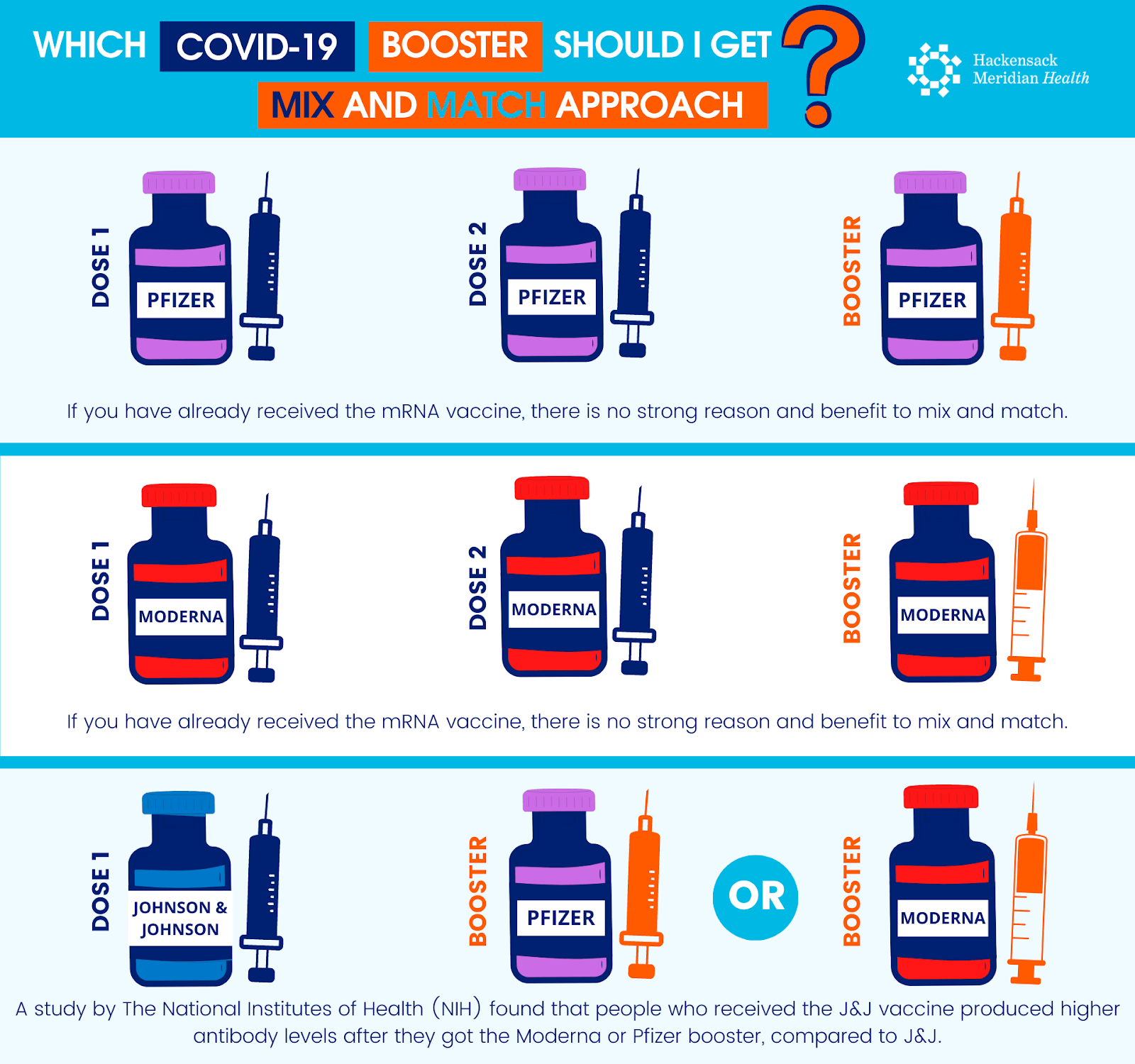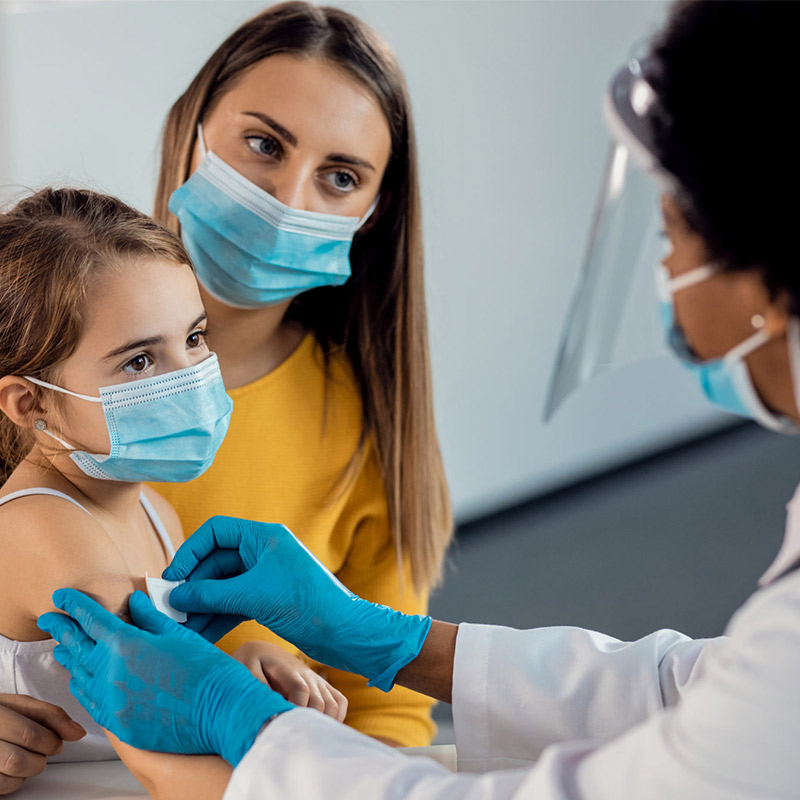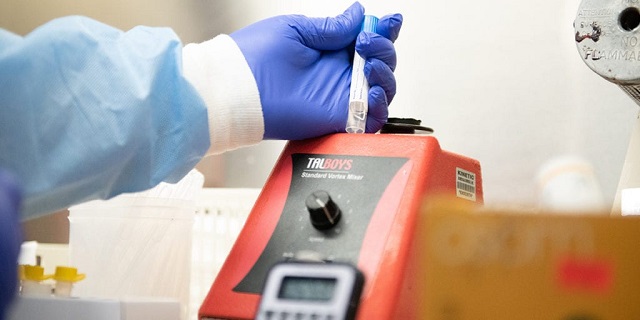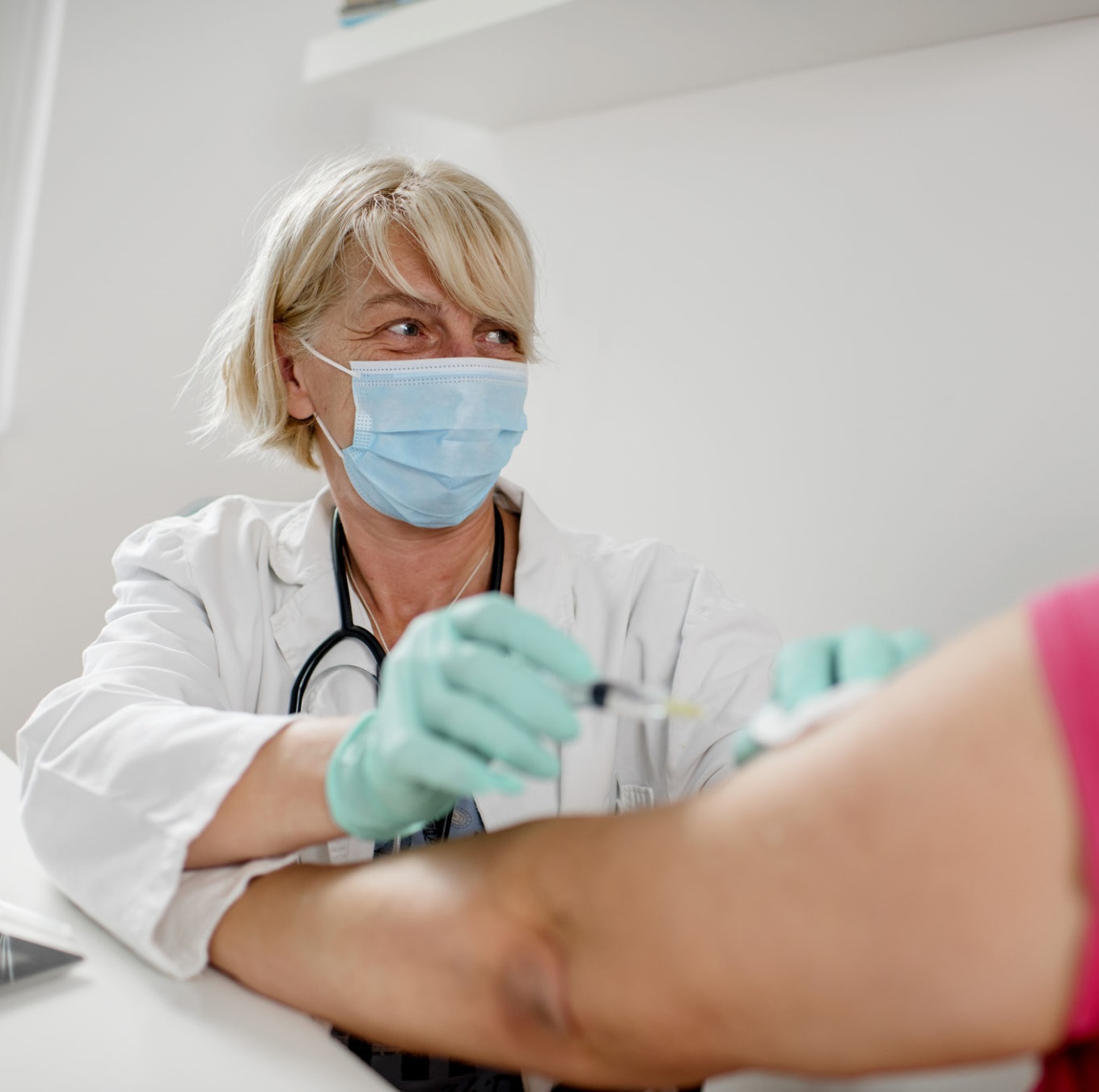Mixing and Matching the COVID Booster

May 03, 2021
The U.S. Food & Drug Administration (FDA) and Centers for Disease Control and Prevention (CDC) have given green light to safely mix and match the booster shot, which means you may choose which COVID-19 vaccine you receive as a booster. Is it better to stick to the same kind of vaccine you originally received, or are there situations where you should consider getting a different COVID-19 vaccine as a booster?
We connected with Hackensack Meridian Health’s Thomas Bader, M.D., chief clinical officer and Jerry Zuckerman, M.D., vice president of infection prevention and control, to understand when you should consider the mix and match approach and when it doesn’t make sense.
Pfizer or Moderna (mRNA) vaccine recipients
If you have received the Pfizer or Moderna vaccine for the first two shots and you meet the booster eligibility criteria, you can receive the COVID-19 booster shot.
The recipients of the Pfizer and Moderna vaccines have a choice to mix and match, but Dr Bader is encouraging people to stay with the same vaccine as the initial dose. “If you have already received the mRNA vaccine, there is no strong reason and benefit to mix and match," he says. “If it’s not easy to get the same vaccine you previously had, mixing and matching won’t hurt. What’s most important is that you go out and get the booster shot.”
Johnson and Johnson vaccine recipients
Anyone 18 years or older who has received one dose of Johnson and Johnson (J&J) vaccine, and it’s been at least 2 months since your shot, is now allowed to receive the COVID-19 booster shot.
The recipients of the J&J vaccine also have a choice to mix and match or get a second J&J dose as a booster. Dr Bader is recommending that people who got the J&J vaccine consider Pfizer or Moderna (either mRNA vaccine) for their booster as it is expected to produce higher levels of antibodies.
A study by The National Institutes of Health (NIH) found that people who received the J&J vaccine produced higher antibody levels after they got the Moderna or Pfizer booster, compared to J&J.
“Other than an allergy to an mRNA vaccine component, I can't think of any reason why a J&J recipient wouldn't get a Pfizer or Moderna booster,” says Dr. Bader.
Why is it important to get a COVID-19 booster?
“As cold weather and the holiday season approaches, boosters become more important, especially for older adults and those with underlying medical conditions that put them at higher risk,” says Dr. Zuckerman.
Levels of antibodies start to decline eventually after people receive the COVID-19 vaccine, weakening your protection against COVID-19. By getting a booster shot you are increasing your immunity against the virus. Boosters help prevent severe illness or death, particularly amongst older adults and people with pre-existing medical conditions.
Next Steps & Resources:
- Meet our source: Thomas Bader, M.D. and Jerry Zuckerman, M.D.
- To make an appointment with a doctor near you, call 800-822-8905 or visit our website.
- COVID-19 and Flu Season: What It May Mean for You
Find a doctor near me
How to Make Your Vaccine Visit as Smooth as Possible

Knowing a few things beforehand should make your appointment run more smoothly.
How to Prepare for Your COVID-19 Vaccine

Prepare for your COVID-19 vaccine. Learn how to schedule your appointment, what to wear, and what to bring. Get vaccinated today.
Find a doctor near me

COVID Vaccine and Children: What to Know
Here's everything parents need to know about the COVID vaccine.

What Can You Do After You’re Fully Vaccinated Against COVID?
There are advantages to getting fully vaccinated against COVID-19.

Reduce Your Fear of Needles
A fear of needles can seem debilitating. Here are some tips to help overcome the phobia.

Recovered from COVID-19? Why You Still Need a Vaccine
Dr. Thomas Bader has answered common questions about the COVID-19 vaccine that you may have if you’ve already experienced the illness
